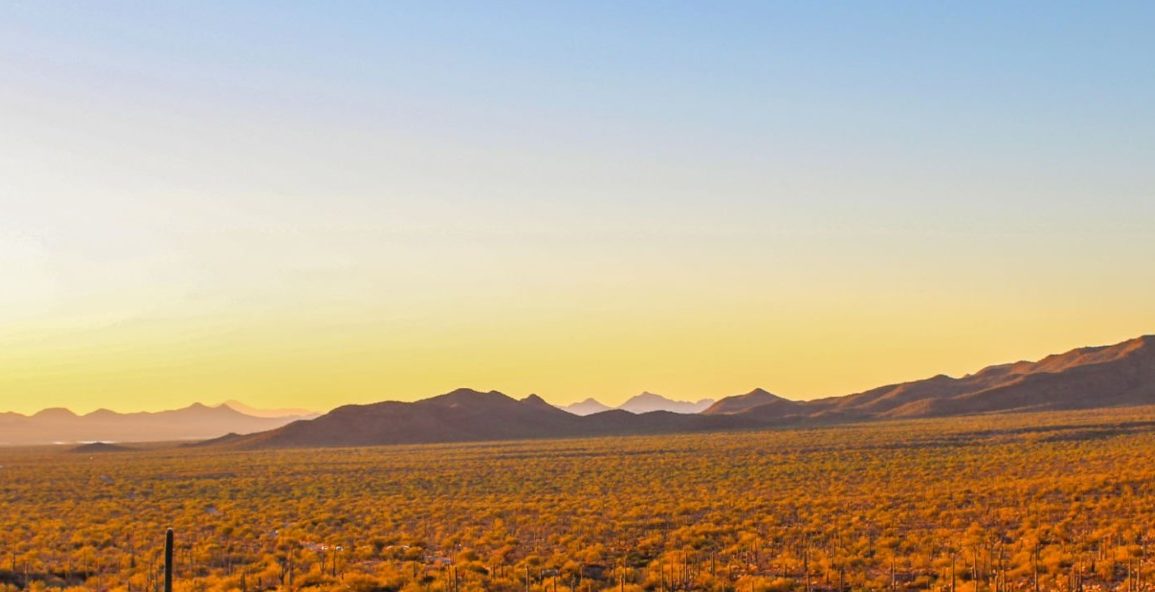The US West is enduring another intense heatwave this week, with temperatures potentially reaching some of the highest levels seen this summer.
Excessive heat warnings are in effect across southern California, Arizona, and Nevada, impacting millions of residents. The heat is expected to peak from Wednesday through the weekend.
In Los Angeles, temperatures could approach 100°F (38°C), while inland areas might see highs near 110°F (43°C) or more.
The National Weather Service (NWS) has issued warnings about dangerously high temperatures, with peak levels expected between 95°F and 110°F, particularly on Thursday and Friday. Overnight lows will offer little relief from the heat.
Desert cities such as Palm Springs are bracing for multiple days exceeding 110°F, and Death Valley, which is having its hottest summer on record, may hit 118°F (48°C) on Friday. Santa Barbara County has issued a health alert due to rising temperatures.

Even the Bay Area and Central Valley are experiencing unusually high temperatures, with San Francisco expected to be at least 13 degrees above average. This has led the NWS to issue a heat advisory for the city.
Meteorologist Mike Wofford described this heatwave as unusually severe, noting that it will last about four days, making it one of the hottest and longest in recent memory.
This heatwave follows a record-breaking July in California, which was the hottest month ever recorded in the state and has contributed to an already severe wildfire season.
Wildfires continue to blaze across the West, from Washington to Arizona, exacerbated by the intense heat. Oregon has seen its worst fire season yet, with nearly 1.5 million acres burned by mid-August.
The ongoing heatwave may worsen conditions, with authorities warning of increased fire risks due to upcoming thunderstorms.
As the climate crisis intensifies, extreme weather events like this heatwave and wildfires are expected to become more frequent. Cooling centers are being established in Los Angeles County to help vulnerable residents cope with the extreme temperatures.

